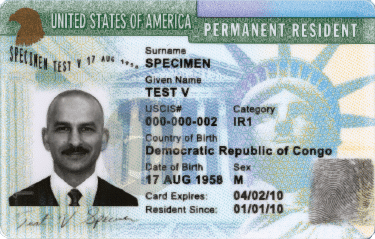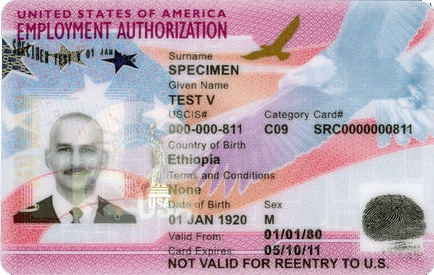El USCIS anunció cambios en los actos que se consideran “ilegales” con el fin de determinar el “buen carácter moral”. Este es un cambio importante que afecta a varios tipos diferentes de beneficios, incluidas las solicitudes de naturalización para las personas que solicitan la ciudadanía estadounidense. Cualquier persona que crea que alguna vez tuvo problemas con alguno de los nuevos actos ilegales debe buscar asesoría legal antes de solicitar la naturalización.
Lea el anuncio completo a continuación:
WASHINGTON— Today, U.S. Citizenship and Immigration Services expanded its policy guidance regarding unlawful acts that may prevent an applicant from meeting the good moral character (GMC) requirement for naturalization. The commission of, or conviction or imprisonment for, an unlawful act, during the statutory period for naturalization, may render an applicant ineligible for naturalization should the act be found to adversely reflect on moral character.
Previously, the USCIS Policy Manual did not include extensive information on unlawful acts. This update to the Policy Manual provides additional examples of unlawful acts and instructions to ensure USCIS adjudicators make uniform and fair determinations, and further identifies unlawful acts that may affect GMC based on judicial precedent. This update does not change the impact of an unlawful act on USCIS’ analysis of whether an applicant can demonstrate GMC. Adjudicators in the field receive extensive training to apply the law on GMC and unlawful acts regulation. They are aware of which unlawful acts could bar an applicant from naturalization and are not limited by the examples listed in the Policy Manual.
On Dec. 10, USCIS issued separate policy guidance in the USCIS Policy Manual about how two or more convictions for driving under the influence or post-sentencing changes to criminal sentencing might affect GMC determinations.
“In the Immigration and Nationality Act, Congress determined that good moral character is a requirement for naturalization,” said USCIS Deputy Director Mark Koumans. “USCIS is committed to faithfully administering our nation’s lawful immigration system, and this update helps to ensure that our agency’s adjudicators make uniform and fair decisions concerning the consideration of unlawful acts on good moral character when determining eligibility for U.S. citizenship.”
Under the Immigration and Nationality Act (INA), an applicant for naturalization must establish GMC. Although the INA does not directly define GMC, it does describe certain acts that bar establishing GMC of an applicant. Examples of unlawful acts recognized by case law as barring GMC include, but are not limited to, the following:
bail jumping;
bank fraud;
conspiracy to distribute a controlled substance;
failure to file or pay taxes;
false claim to U.S. citizenship;
falsification of records;
forgery uttering;
insurance fraud;
obstruction of justice;
sexual assault;
Social Security fraud;
unlawful harassment;
unlawful registration to vote;
unlawful voting; and
violation of a U.S. embargo.
In general, applicants must show they have been, and continue to be, people of GMC during the statutory period before filing for naturalization and up until they take the Oath of Allegiance. The statutory period is generally five years for permanent residents of the United States, three years for applicants married to a U.S. citizen, and one year for certain applicants applying on the basis of qualifying U.S. military service.
USCIS officers must continue to perform a case-by-case analysis to determine whether an act is unlawful and adversely reflects on an applicant’s good moral character. They must also determine whether there are extenuating circumstances. An extenuating circumstance must pertain to the unlawful act and must precede or be contemporaneous with the commission of the unlawful act. Training for adjudicators will be updated to reflect this expanded guidance.





